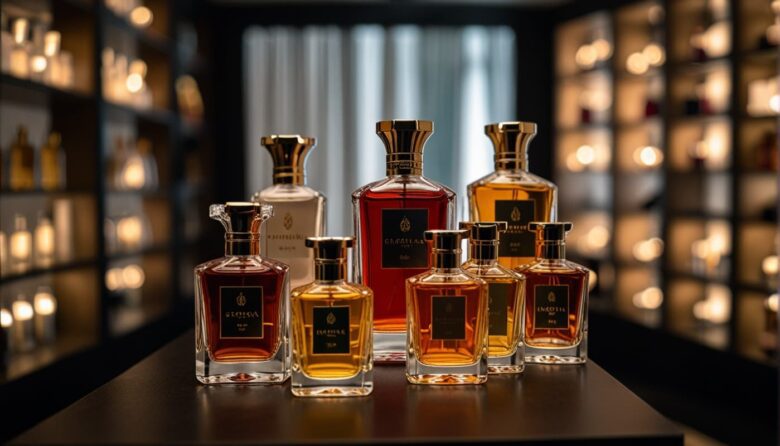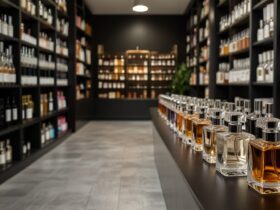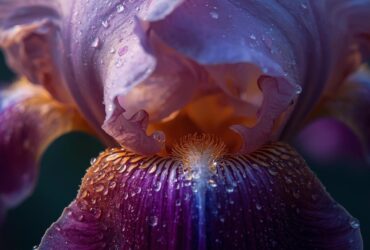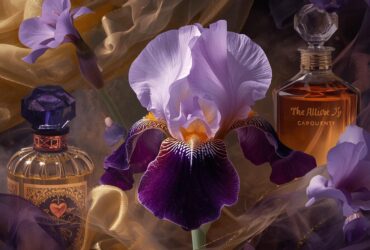Sri Lanka, with its rich cultural heritage and growing economy, presents a unique landscape for the luxury perfume market. As the country continues to develop, the demand for luxury goods, including high-end fragrances, has seen a notable increase. This article explores the current state of the luxury perfume market in Sri Lanka, examining the trends, challenges, and opportunities that shape this vibrant industry.
Overview of the Sri Lankan Luxury Market
Sri Lanka’s luxury market has expanded significantly over the past decade, driven by increasing disposable income, a growing middle class, and an influx of foreign tourists. The country’s strategic location as a maritime hub and its historical connection to the spice trade have also played crucial roles in developing a local appreciation for fine fragrances and aromatic spices, setting a fertile ground for the luxury perfume industry.
Consumer Demographics and Preferences
The typical consumers of luxury perfumes in Sri Lanka are predominantly from the urban elite and the upper-middle class, who value quality, brand heritage, and exclusivity. This demographic is concentrated in major cities like Colombo, Galle, and Kandy. Young professionals, particularly women, are emerging as significant consumers within this sector, driven by increased economic empowerment and a desire for luxury personal products.
Trends Shaping the Luxury Perfume Market
1. Global Brands and Local Presence: International luxury perfume brands such as Chanel, Dior, and Giorgio Armani have established a strong presence in Sri Lanka, primarily through high-end department stores and exclusive boutiques. These brands often host launch events and pop-up shops in luxury malls and hotels to enhance their visibility and appeal to the affluent local and tourist populations.
2. Niche Fragrances and Artisanal Creations: There is a growing interest in niche perfumes that offer unique, often handcrafted, scents that stand apart from mainstream offerings. This trend is supported by both local and international brands that emphasize quality ingredients, often sourced from Sri Lanka’s own rich reserves of spices and essences like cinnamon, sandalwood, and jasmine.
3. Customization and Personalization: Luxury consumers increasingly seek personalized products and experiences. In response, some high-end perfumeries in Sri Lanka offer bespoke fragrance services where customers can create their custom scents, selecting from a variety of bases and accents to suit their personal preferences and style.
Challenges Facing the Luxury Perfume Market
1. Economic Fluctuations: While Sri Lanka’s economy has shown growth, it has also faced challenges such as political instability and economic fluctuations. These factors can affect consumer spending power and confidence, which in turn impacts the luxury goods market.
2. Competition from Counterfeit Products: The market is also challenged by the prevalence of counterfeit perfumes, which are often sold at significantly lower prices. These not only pose a risk to consumer health but also undermine the reputation of authentic luxury brands.
3. Regulatory and Importation Hurdles: Importing luxury goods into Sri Lanka involves navigating complex regulatory frameworks and high tariffs. These challenges can increase the cost of luxury perfumes and delay their entry into the market, potentially affecting sales and consumer interest.
Opportunities for Growth
1. Leveraging Local Ingredients and Heritage: There is significant potential for luxury perfume brands to incorporate local ingredients and traditional fragrance-making techniques into their products. This not only appeals to the authenticity sought by modern consumers but also helps in promoting Sri Lanka’s aromatic heritage globally.
2. Digital Marketing and E-commerce: Expanding online sales platforms and using digital marketing strategies can help luxury perfume brands reach a broader audience. Social media, in particular, offers a powerful tool for storytelling and connecting with younger consumers who frequently shop online








Leave a Reply